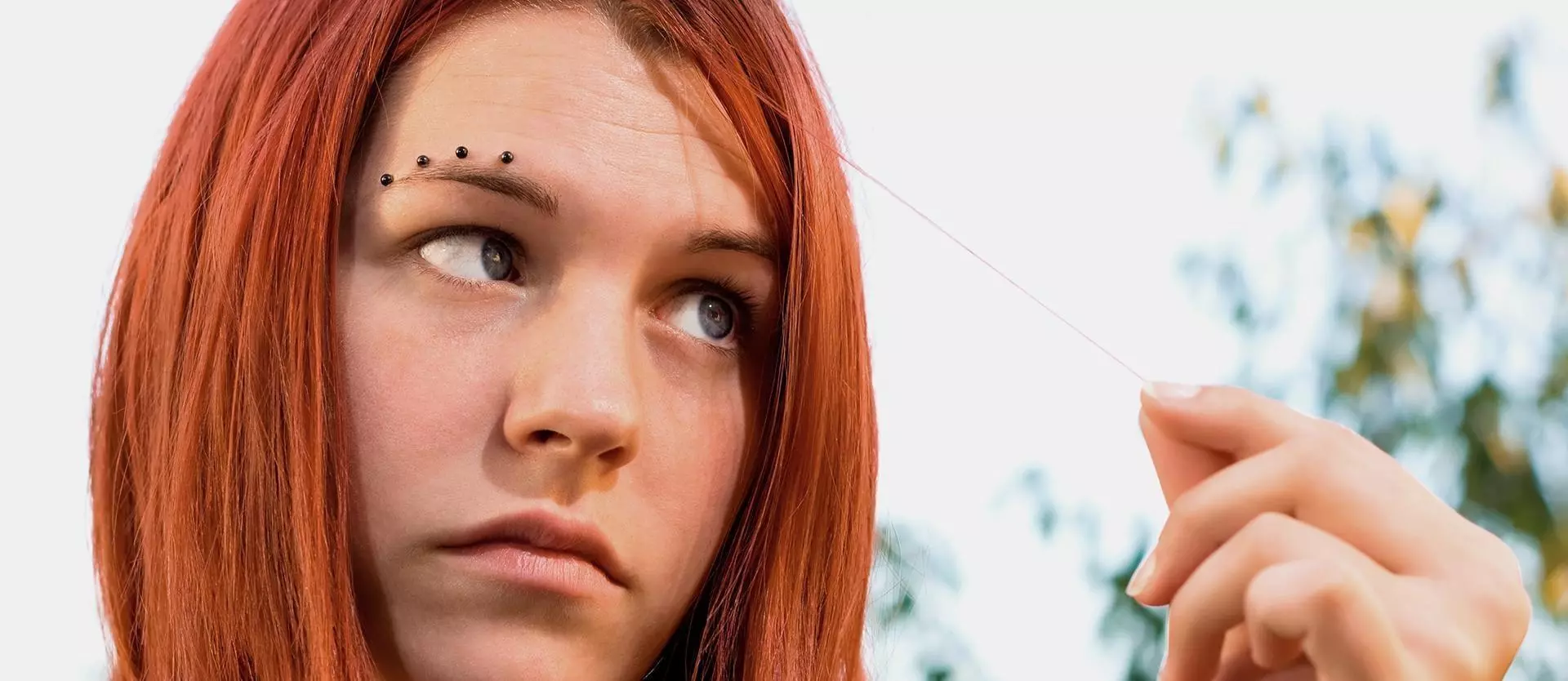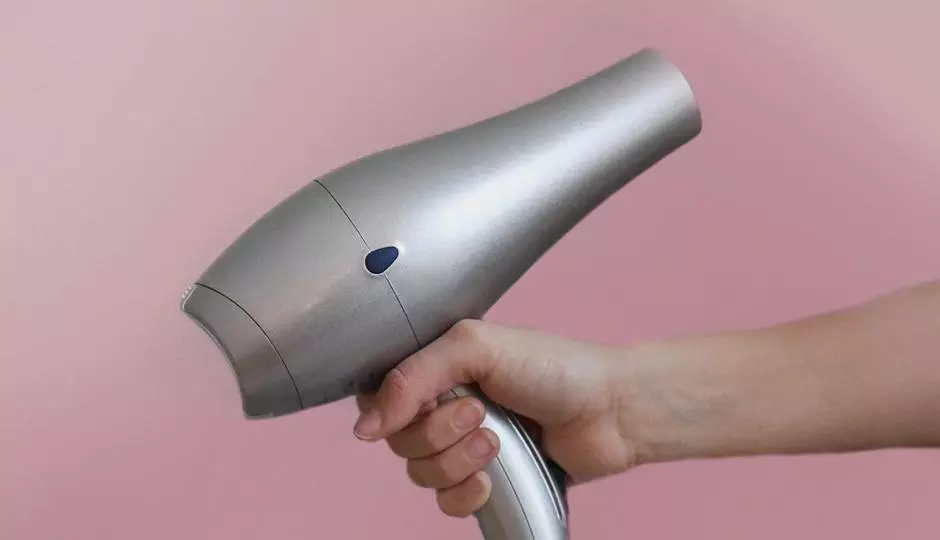Trichotillomania is a disorder that is characterized by the repeated pulling out of hair from the scalp. In this recurrent form of hair pulling, individuals suffer from irresistible urges to pull their hair. It can also happen at the eyebrows or at other areas of the body. Although once thought to be a condition related to obsessive-compulsive disorders, it is more readily recognized today as a condition similar to intense nail-biting, where the individual simply cannot stop it from occurring. Young women are most likely to suffer from it.
What Happens?
Although many young children pull hair, many times to themselves, it is rare that the condition escalates to trichotillomania. However, when it does, the individual can carry on this behavior for years to come. It can impact women and men and can occur at any age. Young women, though, seem to be particularly vulnerable to the condition, even when they've not had any symptoms of the condition previously. Understanding it is one of the most important steps for suffers to take.
Those that have this condition will have a scalp that often has bald spots in various patches. The condition not only leaves the scalp bare, but it can also leave it inflamed and painful. Another key component of the condition is the desire and desperate need to hide the results. Those who suffer from trichotillomania will go to great lengths to hide the bald spots and may even be very distressed about the condition in the first place. They tend to hide when doing it and work hard to cover it up later. If this sounds like you, you are not alone. Estimates are that millions of people, many of them young women, are facing this condition.
Key Symptoms You May Have
If you think you or someone you know may be suffering from this condition, it is essential to understand the symptoms surrounding it. Generally, the symptoms include:
- Repeated pulling of hair usually from the scalp
- An increased sense of tension just before pulling
- A sense of pleasure or relief after pulling
- Biting or chewing at the pulled hair
- Playing with the hair that's been pulled out
- Rubbing the pulled out hair across the face
Individuals can do this in both a focused and automatic way. That is, some people don't know what they are doing while others feel a desperate need to pull their hair. For some people, the feelings can be both.
Why Does It Happen?
Perhaps the most frustrating thing about trichotillomania is that the cause of it is very much unknown. It is also unknown why young women seem to be at a particularly high risk for suffering from the condition. What is known, though, is that it is often brought on by stress. It is often the result of genetic and environmental factors, doctors believe. The natural brain chemicals known as serotonin and dopamine may also play a role in this condition. Ultimately, it may not be something we understand from a cause perspective.
What Can Be Done to Help?
There is no doubt that this condition can bring on significant stress and can lead to permanent hair loss for those who damage follicles in the process of hair pulling. While there is no cure, there are some treatments that may help.
- Cognitive therapy: Talking about the condition and examining the distorted beliefs that you have in relation to hair pulling can help you minimize the impact.
- Commitment therapy: Those who can learn to accept hair pulling urges without acting on them can also learn to live with this condition.
There are no medications recommended for the treatment of trichotillomania and there is no real solution for overcoming it. However, talking about it, reducing stress, and pinpointing any triggers can all help individuals suffering from the condition. It can be hard work and there are limited methods of treatment that work for everyone. However, getting help for hair pulling is not something you should put off. While you seeking treatment for trichotillomania, there are hair replacement options that can help hide or camouflage the hair that has been pulled. We at Unique Hair Concepts have been working with patients that suffer from trichotillomania for over 24 years. If you are in need of assistance, contact us for a private, confidential consultation.






